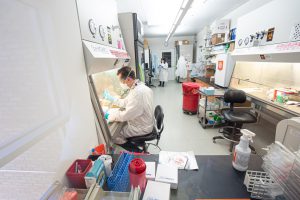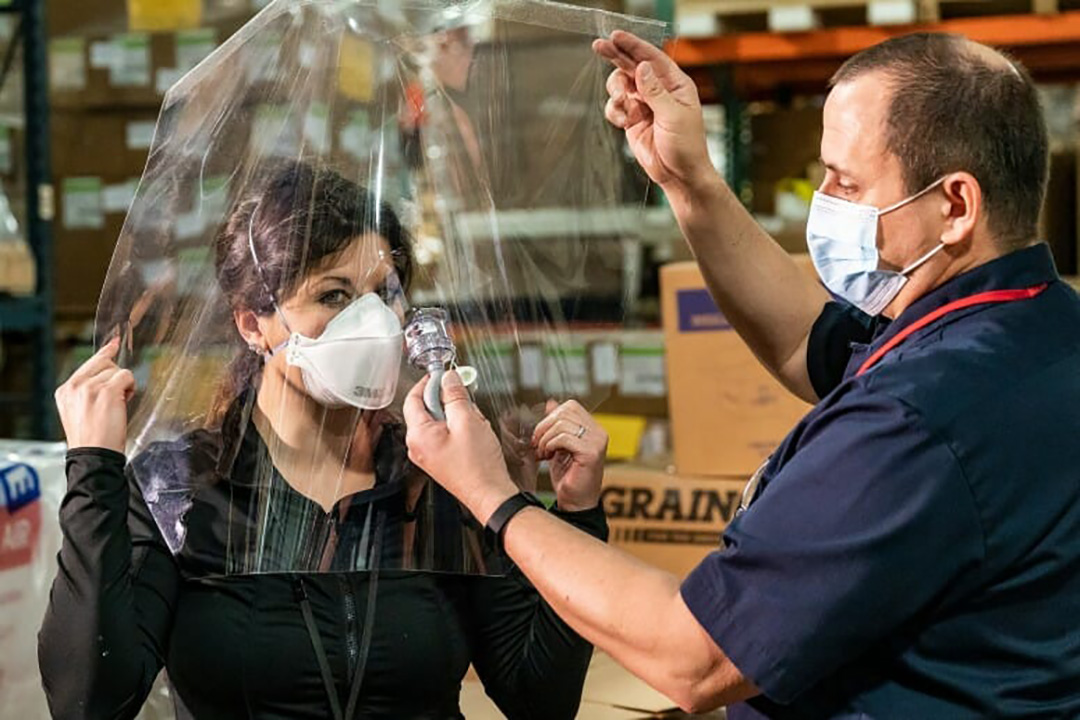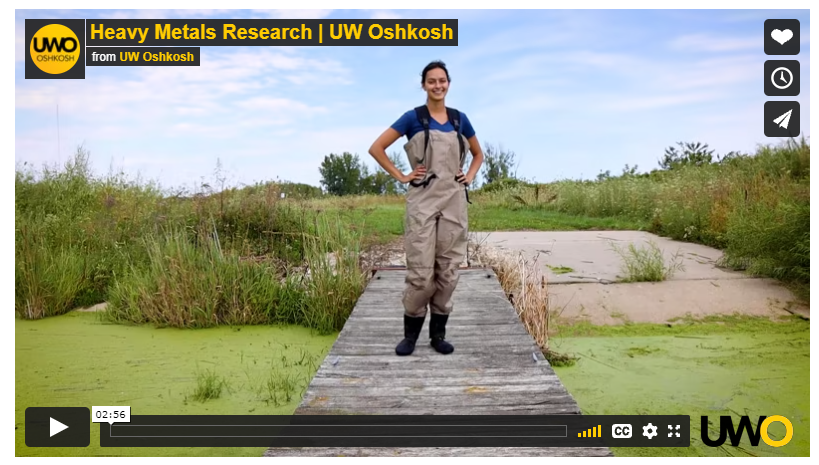
Photo credit: John Maniaci, UW Health
Since 2015, scientists in the Wisconsin State Laboratory of Hygiene (WSLH) Communicable Disease Division (CDD) have been collaborating with Dr. Jon Temte, UW professor of family medicine and UW School of Medicine and Public Health associate dean for public health and community engagement, on the Oregon Child Absenteeism Due to Respiratory Disease Study (ORCHARDS).
The Centers for Disease Control and Prevention (CDC)-funded research has been helping families and schools in the Village of Oregon, WI, track and understand seasonal influenza and other respiratory illnesses.
WSLH CDD scientists test ORCHARDS specimens for influenza and other respiratory diseases, but early in the COVID-19 pandemic couldn’t also perform SARS-CoV-2 analysis due to limited supply and testing constraints at the time.
However, the WSLH stores the ORCHARDS specimens after testing and earlier this year CDD scientists analyzed archived specimens collected from students between September 2019 and June 2020 for SARS-CoV-2 and performed whole genome sequencing.
Through this process researchers found that the first-known case of household transmission of SARS-CoV-2 in Wisconsin happened in March 2020.
Learn more about the ORCHARDS discovery from these articles –
UW-Madison news release – As schools reopen, Oregon virus surveillance project helps families navigate complex time
Wisconsin Medical Journal – Evidence of Early Household Transmission of SARS-CoV-2 Involving a School-aged Child
Wisconsin State Journal – UW flu study in Oregon School District expands to COVID-19




